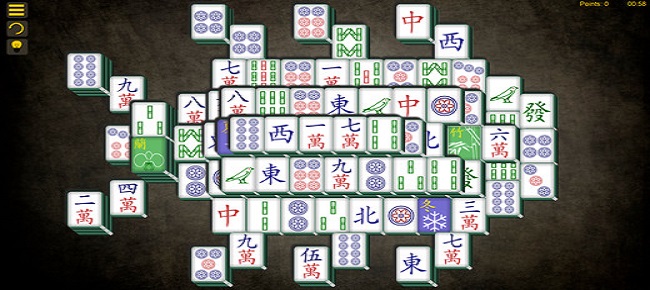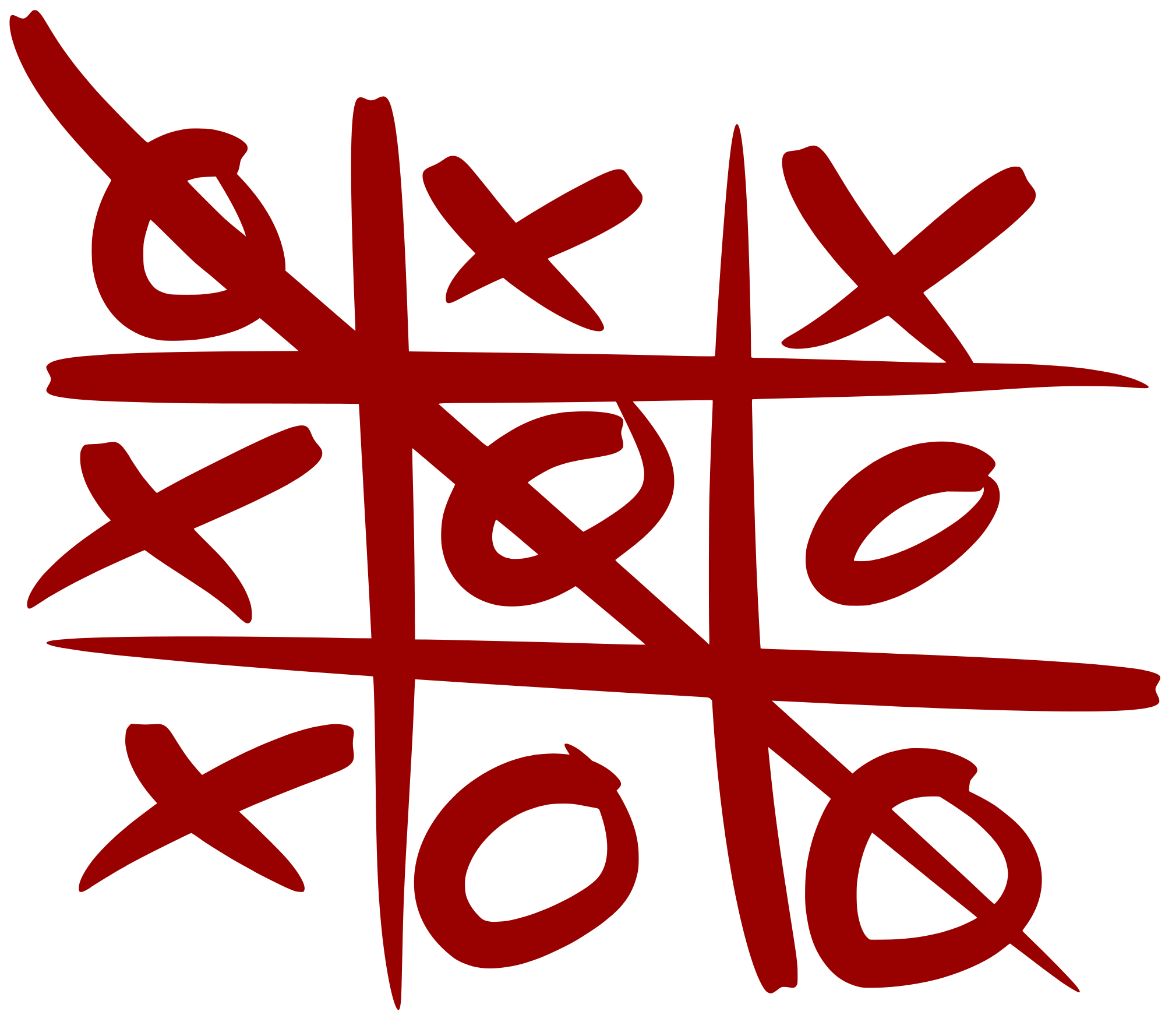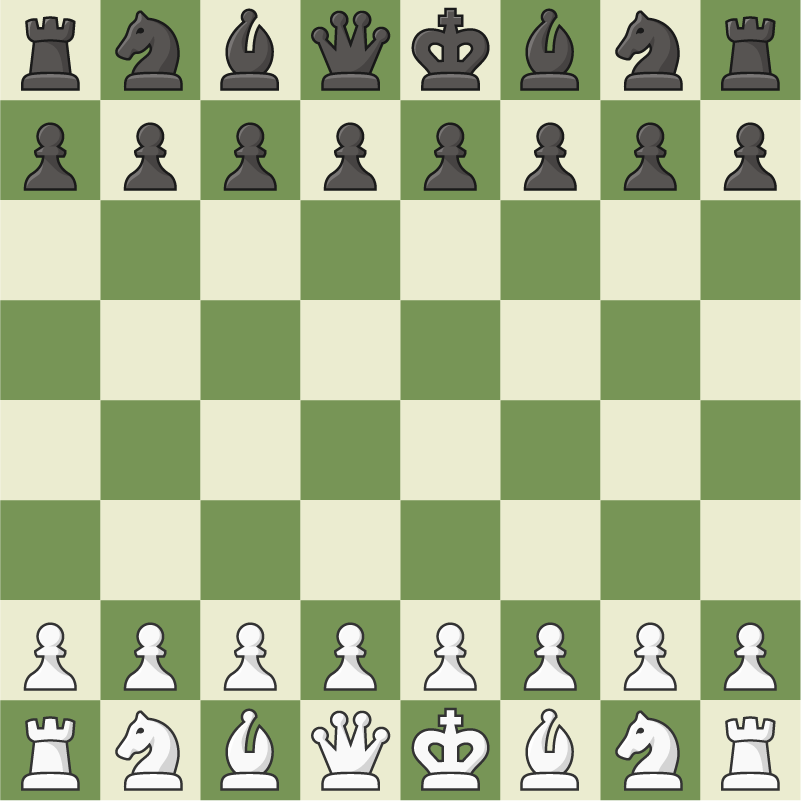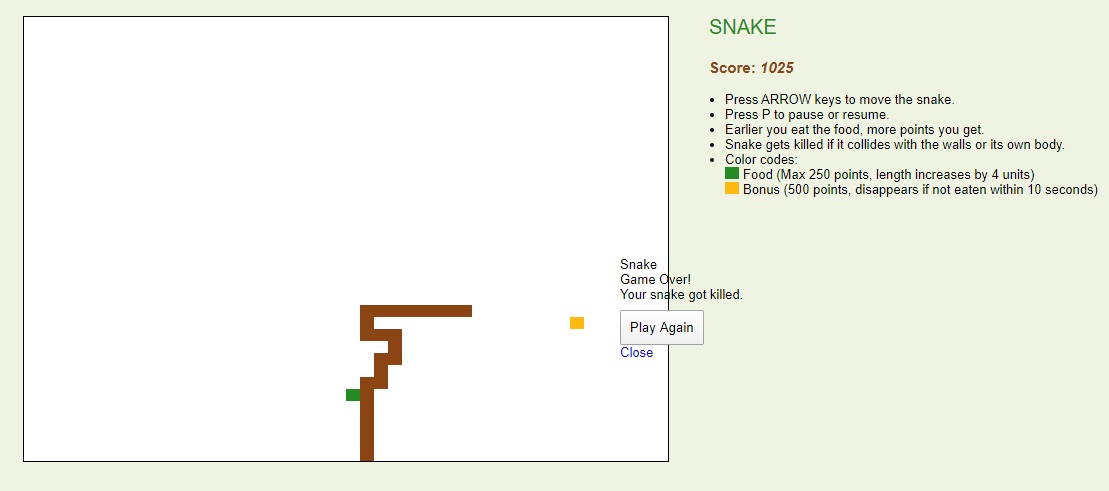Online Games for Free
Game :
A game is a mode of play that is organized, typically performed for entertainment and sometimes used as an educational instrument. Sports are distinct from work, usually done for remuneration, and from art, which is more often an expression of artistic or political elements. The distinction, though, is not clear-cut, and many games are also considered work (such as professional spectator sports players or games) or art (such as jigsaw puzzles or games involving an artistic structure such as mahjong, solitaire, or some videogames).
Sometimes, games are played purely for entertainment, sometimes also for accomplishment or reward. We can be played individually, in teams, or online; by amateurs or by professionals. The players may have a non-player audience, for instance when people are amused by watching a chess championship. On the other side, players in a game will create their own audience as they take turns to play. Also, part of children's entertainment playing a game is determining who is a part of their audience and who is a player.
Goals, rules, obstacles and interaction are key components of the games. Games usually require physical or mental stimulation, and often both. Some games help develop practical skills, serve as a form of exercise, or otherwise play an educational, psychological, or simulative role.
Single-player games
For most games multiple players are required. Single-player games, however, are specific regarding the type of difficulties that a player faces. Unlike a game with multiple players playing with or against each other to achieve the goal of the game, a one-player game is a battle only against an external factor (an artificial opponent), against one's own skill, against time, or against chance. Playing with a yo-yo or playing tennis against a wall is usually not regarded as playing a game because there is no formidable resistance to that. Many games which are described as "single-player" can actually be called puzzles or recreations.
Multiplayer games
A multiplayer game is a multiplayer game made up of several players who may be separate opponents or teams. Teams with many individual players are difficult to systematically analyze using game theory as the players can form coalitions and move. In this context the word "playing" can mean either a true game played for entertainment, or a competitive activity defined in principle by the theory of mathematical games.
Video games
The video games are played powered by computers or microprocessors. Computers can create virtual spaces for a wide array of types of game. Many video games simulate traditional game objects such as cards or dice, while others simulate environments that are either grounded in reality or futuristic in design, each with its own set of rules or goals.
A computer or video game uses one or more input tools, usually a combination of a button / joystick (on arcade games); a keyboard, mouse or trackball (computer games); or a movement based tool (console games) or controller. More advanced devices such as paddle controllers were also used as input devices.
Video game types are numerous; the first commercial video game, Pong, was a basic table tennis simulation. When processing power increased, new genres such as adventure and action games were created which involved a player guiding a character through a series of obstacles from a third person perspective. A board game, which is usually limited to a "turn-based" strategy, can not easily replicate this "real-time" element; this advantage allows video games to more realistically simulate situations such as combat. However, playing a video game does not involve the same physical ability, intensity or danger as a real-world depiction of the game, and can provide either very realistic, unrealistic or impossible physics, allowing elements of a fantastic nature, games involving physical violence, or sports simulations. Finally, a computer can simulate one or more human opponents in traditional table games, such as chess, with varying degrees of success, leading to simulations of such games that a single player would play.
The game provides a virtual environment in which the player can be free to do whatever they like within the boundaries of this universe, in more open-ended computer simulations, also known as sandbox-style games. There is sometimes a lack of goals or resistance that has stirred up some controversy about whether these should be considered "playing" or "toys." (Crawford addresses SimCi specifically for Will Wright.
Online games
From the very earliest days of networked and time-shared machines online games were part of culture. Early commercial systems like Plato were at least as popular for their games as they were for their purely educational value. Tennis for Two dominated Visitor's Day in 1958 and drew attention to the Brookhaven National Laboratory oscilloscope; during the 1980s Xerox PARC was known primarily for Maze War, which was provided to tourists as a hands-on demo.
Using an Internet connection, modern online games are played; some have dedicated client programs while others need a web browser only. Some simplified browser games cater to demographic groups that otherwise play very few video games (notably women and the middle-aged ones).
Role-playing games
Role-playing games, also abbreviated as RPGs, are a type of game in which (usually) the players perform the roles of characters acting in a fictional setting. The original role-playing games–or at least those specifically advertised as such –are played with a handful of players, usually face-to-face, and with pen and paper keep track of the plot forming. The players can work together on a story involving certain characters; build, grow, and "explore" the setting; or experience an adventure outside the limits of everyday life in a vicarious way. Pen-and-paper role-playing games include Dungeons & Dragons and GURPS, for example.
The video game industry has also borrowed the term role play game to describe a subset of video games. These may be single-player games where one player encounters a programmed world and plot, or players may be able to interact via the internet. In general, the approach is quite different from traditional role-playing games. Single-player games include Final Fantasy, Fable, Scrolling the Elder, and Mass Effect. Multi-player online games, also referred to as Massively Multiplayer Online role play games, or MMORPGs, include RuneScape, EverQuest 2, Guild Wars, MapleStory, Anarchy Online, and Dofus. As of 2009, World of Warcraft was the most successful MMORPG which controls the vast majority of the market.
Business games
Business games can take a variety of types, from interactive board games to interactive games involving various obstacles (balls, ropes, hoops, etc.) and activities of different kinds. The aim of these games is to connect to some aspect of organizational success, and to generate business improvement discussions. Most business games concentrate on activities in the organisation. Some of these are computer simulations while others are simple play and debriefing designs. Team building is a growing subject of events of this type.
Simulation games
The word "playing" may include simulating or re-enacting various activities, or using them for different purposes in "real life": e.g. training, research, prediction. Well known examples of this are games of war and role-playing. The source of this concept may derive in the human prehistory of games deduced from the study of primitive cultures by anthropology, in which children's games resemble adult activities to a significant degree: hunting, warring, nursing, etc. In modern times, certain kinds of games are maintained.






